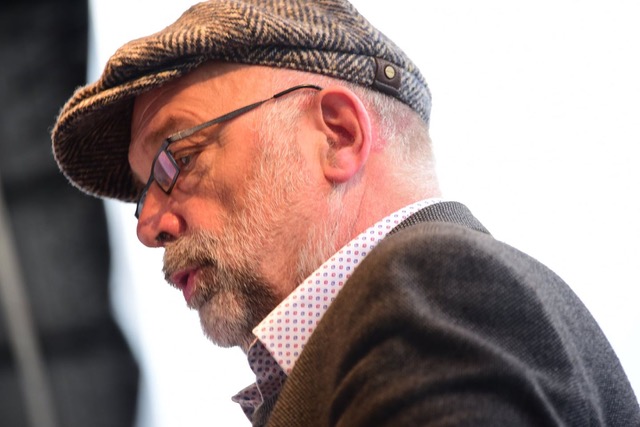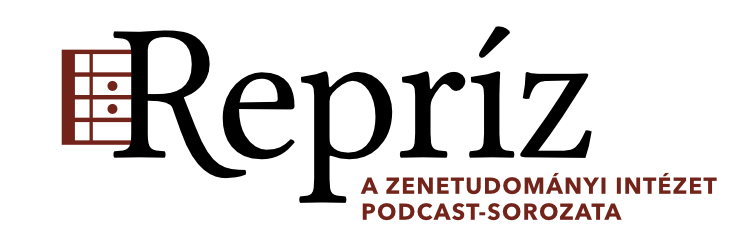|
|
Carl Van Eyndhoven: “Je n’enseigne pas, je raconte” – Some Reflections on Dille’s Bartók Research HUN-REN BTK Zenetudományi Intézet, Bartók terem, 2024. június 20. csütörtök, 10 óra 1014 Budapest, Táncsics Mihály utca 7. |
Denijs Dille (1904–2005) is widely regarded as the pioneer of Bartók research. He was one of the first to explore the life and work of Bartók and he rigorously collected and mapped an impressive amount of diverse sources (‘facts’) which formed the basis for the next generations of researchers. Dille has studied this ‘factual material’ critically and according to philological methods, commented on it, and used it for numerous publications.
The majority of these publications appeared when he was the director of the Budapest Bartók Archives. At a relatively old age, he published a few books in Dutch, for a wider audience, about the life (1974) and work (1979) of Bartók. It is necessary to know the context of these publications in order to properly understand their importance in the totality of Dille’s research.
Dille saw two major problems facing Bartók scholars: (1) the problem of biography and the relation between the composer’s life and work, (2) the problem of folk music and the relation between folk music and art music.
Dille himself did not focus so much on the sources that had influenced Bartók's style, but he was fascinated by the ‘evolution’ process of Bartók’s personal style. According to Dille, Bartók initially evolved primarily through the influences he ‘underwent’ and through which he acquired the technique necessary ‘to go his own way’. Once this stage was reached, these influences became the inspiration that drove his ‘creative invention’ (l’invention créatrice) revealing Bartók’s genius.
 Carl Van Eyndhoven (1959) is the former dean of LUCA School of Arts (Leuven University), where he is still active as a carillon teacher. He obtained his PhD in 2012 on the performance practice of seventeenth-century carillon music. He is the carillonneur of Tilburg (NL) and, from 1991 to 2024, he was the carillonneur of Mol (B). He has given concerts all over the world. In 2017, he recorded the CD "Django Bells" together with the jazz manouche ensemble Minor Sing (FR). Currently, he is president of CEMPER (Centre for Music and Performing Arts Heritage in Flanders) and the Béla Bartók Archives of Belgium – Denys Dille Collection (KBR).
Carl Van Eyndhoven (1959) is the former dean of LUCA School of Arts (Leuven University), where he is still active as a carillon teacher. He obtained his PhD in 2012 on the performance practice of seventeenth-century carillon music. He is the carillonneur of Tilburg (NL) and, from 1991 to 2024, he was the carillonneur of Mol (B). He has given concerts all over the world. In 2017, he recorded the CD "Django Bells" together with the jazz manouche ensemble Minor Sing (FR). Currently, he is president of CEMPER (Centre for Music and Performing Arts Heritage in Flanders) and the Béla Bartók Archives of Belgium – Denys Dille Collection (KBR).
Az eseményt személyes részvétellel tartjuk meg, ám az előadást a HUN-REN BTK Zenetudományi Intézet interneten keresztül Zoom-alkalmazással élőben is közvetíti, valamint a későbbiekben az Intézet honlapján elérhetővé teszi. Valós idejű közvetítéshez az alábbi linkre kattintva tud csatlakozni pár perccel az esemény előtt: https://us06web.zoom.us/j/7690441289?pwd=7ygb4abOEWy28m40wIbDmv2yhyW7Gq.1&omn=89189932773. (Meeting ID: 769 044 1289. Passcode: HUNRENBTK. Ezekre nincs szükség, amennyiben a linkre kattintva csatlakozik.)









